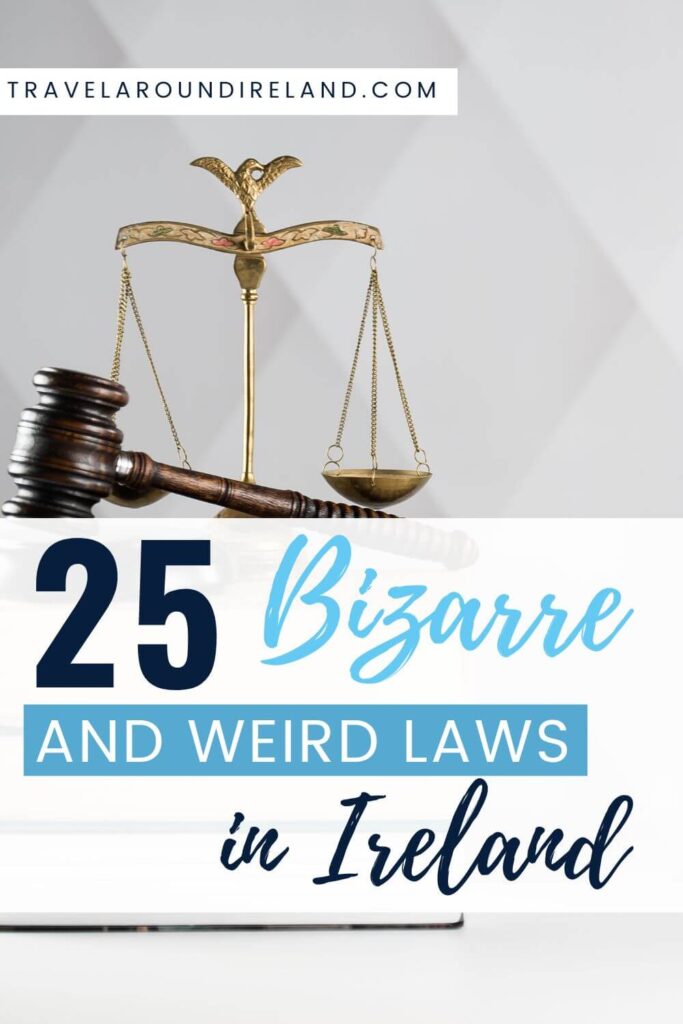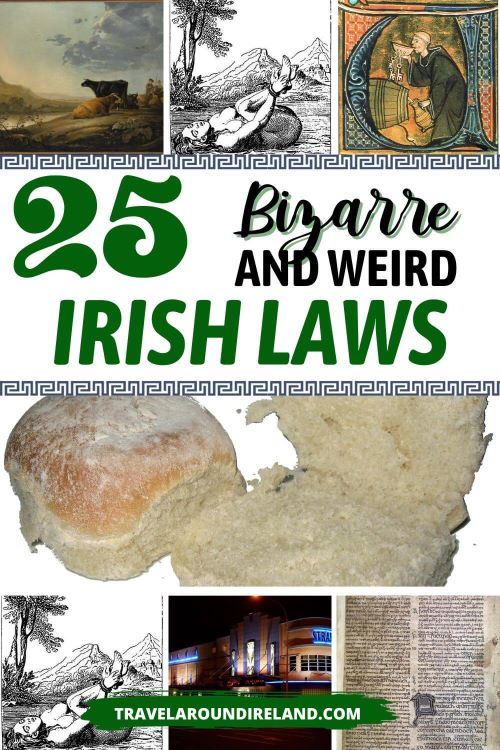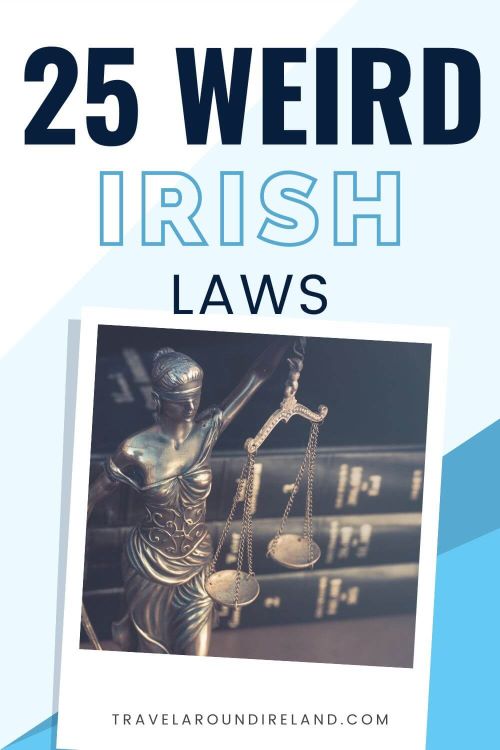Alongside the laws of the country to keep everything running smoothly, each country around the world has its own weird and wacky ones. And Ireland is no exception.
Whether they are simply strange laws, ones that are outdated but still in law, or some that were revoked in more modern times, there are some weird Irish laws that are just bizarre.
Whether you are looking to know some of the weird laws in Ireland through interest or not, you’re going to love learning about the quirkiness of some old Irish laws, and some modern ones too.
There are a few on this list even this native did not know before writing this article, so even we Irish can be surprised!
I mean, some are even laughable. See number 9 for example!
- Weird laws in Ireland that still exist today
- Weird laws that still exist in Northern Ireland
- Past weird Irish laws that thankfully no longer exist (except one we wish was still in existence)
- Old Brehon Irish Laws
- Funny laws in Ireland that may or may not be true
- What were the Brehon Laws
- Weird enough for you?
Now some of the laws mentioned below date from Brehon Law (see further below to find out what these were), while some of the other weird laws Ireland has had, and mentioned in this article, have other origins. Some weren’t even constitutional laws, although were followed to the letter.
Ireland has been ruled by Brehon Law, Pagan Law, Church Law, and British Common Laws to name but a few over the centuries.
Let’s look at a short list of laws in Ireland, past and present, that are simply weird and wonderful.
Which will be your favourite?
Weird laws in Ireland that still exist today
1 Come and graze your sheep in Dublin, but prepare to take up arms
One of the weird Irish laws that still exists is the right for the freemen and women of Dublin (those bestowed with the Freedom of Dublin) to graze their sheep in the city on common grounds.
And here’s something funny related to this law. U2’s Bono exercised his right as a Freeman of Dublin to graze sheep in the city when he borrowed some lambs and grazed them in St Stephen’s Green in 2000. However, some may argue he broke the law as they were not technically his sheep!
Along with this perk, ancient duties of the Freedom of Dublin also say that every freeman (and woman) must be ready to defend the city from attack and can be called to join the city’s militia at short notice!

2 It is illegal to be drunk in a pub
I kid you not, this one is true. In fact, it is illegal to be drunk anywhere in Ireland.
The Intoxication Act of 2003 states that it is an offense to be so intoxicated (drunk) to a degree that you may be a danger to yourself or other members of the public. It is also illegal to supply alcohol to a drunk person.
Now, I don’t think this one is enforced that often. Just look around Temple Bar on a Friday or Saturday night!
3 Only Waterford can call a bap a ‘blaa’
A law stating that a bap can only be called a ‘blaa’ if it has been baked in Waterford is true.
The European Commission awarded both ‘blaa’ and ‘Waterford blaa’ Protected Geographical Indication Status (protected origins status) in 2013.
So, if you hear someone referring to a bap (baked bread roll) as a ‘blaa’ you know they’re from Waterford.
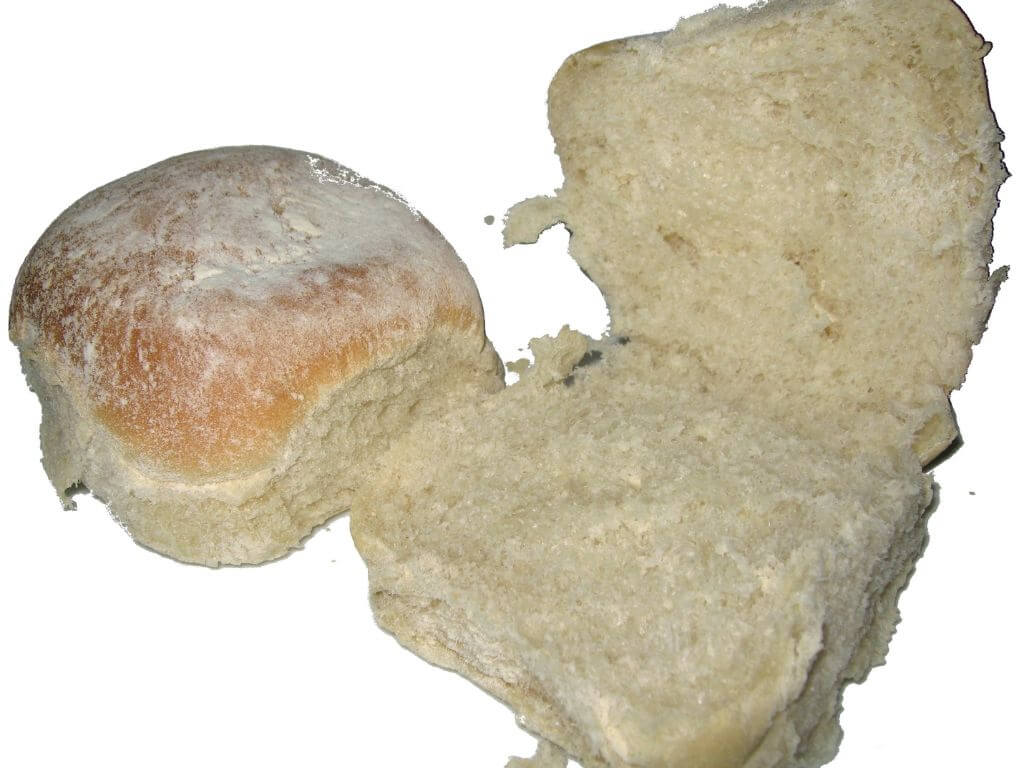
4 Leprechauns are a protected species
Ok, this one had me in shock as I never knew this.
The European Union’s Habitats Directive announced in 2009 that the Slieve Foy Mountain near Carlingford Lough in County Louth is a Designated Area of Protection for Flora, Fauna, Wild Animals, and Little People (leprechauns).
It was lobbied for after a pub owner found the skeletal remains of a leprechaun, as well as his tiny clothes nearby. While the skeletal remains quickly fell to dust, the clothes remained intact, and he put them up for display in his pub.
Whether you believe his story or not, leprechauns became a protected species under this 2009 directive.
Weird laws that still exist in Northern Ireland
5 Prepare to stop for eggs
The Marketing of Eggs Act of 1957 states that government officials may stop vehicles and inspect them for eggs in transit. They also have the power to remove and detain any eggs found under their dutiful inspections!
6 You can’t send potatoes out of Northern Ireland
A weird law still in place today in Northern Ireland is that which falls under the Marketing of Potatoes Act of 1964. This states that “potatoes are not to be sent out of Northern Ireland except in compliance with proper standards of quality and subject to inspection”.
Inspection constables may seize and detain custody of potatoes that are being or suspected of being sent out of Northern Ireland without the proper license under the Act. So, no packing Northern Ireland potatoes in your suitcase!
7 No going to the cinema on a Sunday unless you want to pay an extra £50
The Cinemas Order of 1991 requires a special license for premises to show films on a Sunday. Anyone found contravening this law may be fined £50.
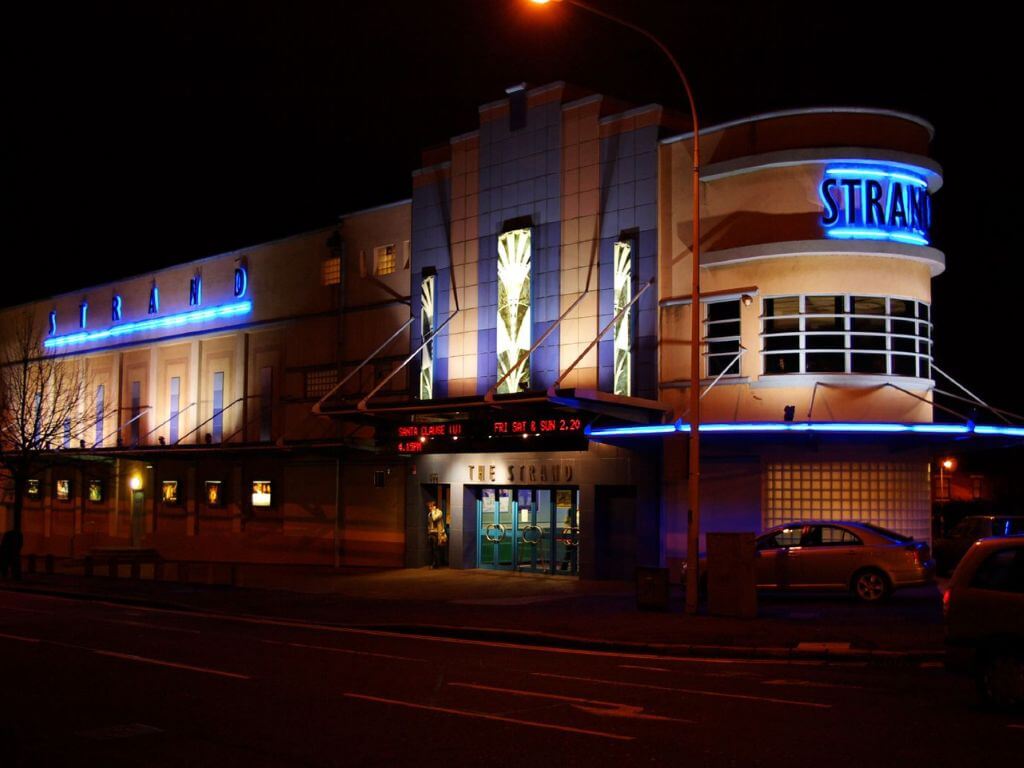
Past weird Irish laws that thankfully no longer exist (except one we wish was still in existence)
8 There shall be no witches in Ireland
Until 2008 the Witchcraft Act of 1735 stated that a person who claimed to have the power to call up spirits, foretell the future, cast spells, or discover the whereabouts of stolen goods, was to be punished as a vagrant and a con artist, subject to fines and imprisonment.
The law stated:
any person who shall pretend or exercise to use any type of witchcraft, sorcery, enchantment or pretend knowledge in any occult or craft or science shall for any such offence suffer imprisonment at the time of one whole year and also shall be obliged to obscursion for his/her good behaviour.
Simply put, it was a crime for any person, either of themselves or someone else, to claim that any human being had magical powers, or was guilty of practicing witchcraft.
9 The laughable punishment for suicide
Until 1964, the punishment for attempting suicide was death by hanging!
Now, I find this so ironic. It is like saying, if you can’t do it right yourself, we’ll do it for you. Until 1993, suicide was punishable under Irish Criminal Law.
10 Ye shall only eat potatoes and oatmeal, peasants
An archaic British Law dating from an 1817 proclamation that was finally revoked with 60,000 other British laws in 2015 reserved potatoes and oatmeal
for the consumption of the lower orders of people.
No wonder the Great Famine decimated the Irish population in the mid-1800s.
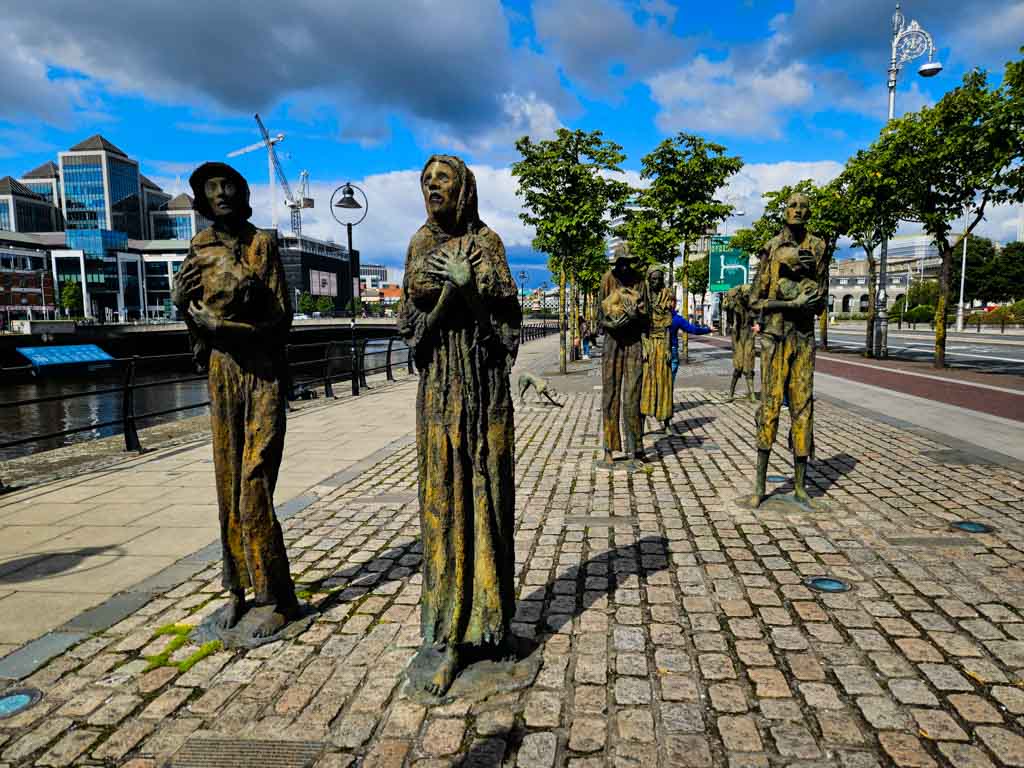
11 Beware of lions, tigers, and bears
Until the Dangerous Performance Act of 1897 was published, it was quite common to enjoy a family day out watching dangerous animal performances. After lives were lost, the government passed a law forbidding the practice.
It also made provisions for the protection of children under the age of 18 from being employed in dangerous performances and the prohibition of their employment in such acts.
12 Don’t be drunk or swear on the Lord’s Day
A 1661 proclamation that remained in law until it was repealed in 2015 prohibited
drunkenness, cursing, swearing and profaning on the Lord’s Day.
13 Free drinks on your pub landlord
The Tippling Act of 1735 stated that it was illegal for a publican to pursue or claim money that was owed for beer (or other drink) given on credit. It was introduced to stop servants from stealing from their masters to pay outstanding debts.
However, it was quickly repealed when it was realised it meant it gave peasants permission to drink for free! I am sure there are many Irish men who wish this law still existed today.
14 A trial by water, but don’t drown
An old law that stood for over 800 years in legislation was Trial by Ordeal. It was closely associated with witchcraft in the Medieval Ages.
It was one in which suspected murderers and thieves were trialed by being thrown into a large body of water with a millstone around their neck. If they floated, they were found guilty. If they sunk, they were acquitted of the charges (reference).
This law was only repealed in 2005.
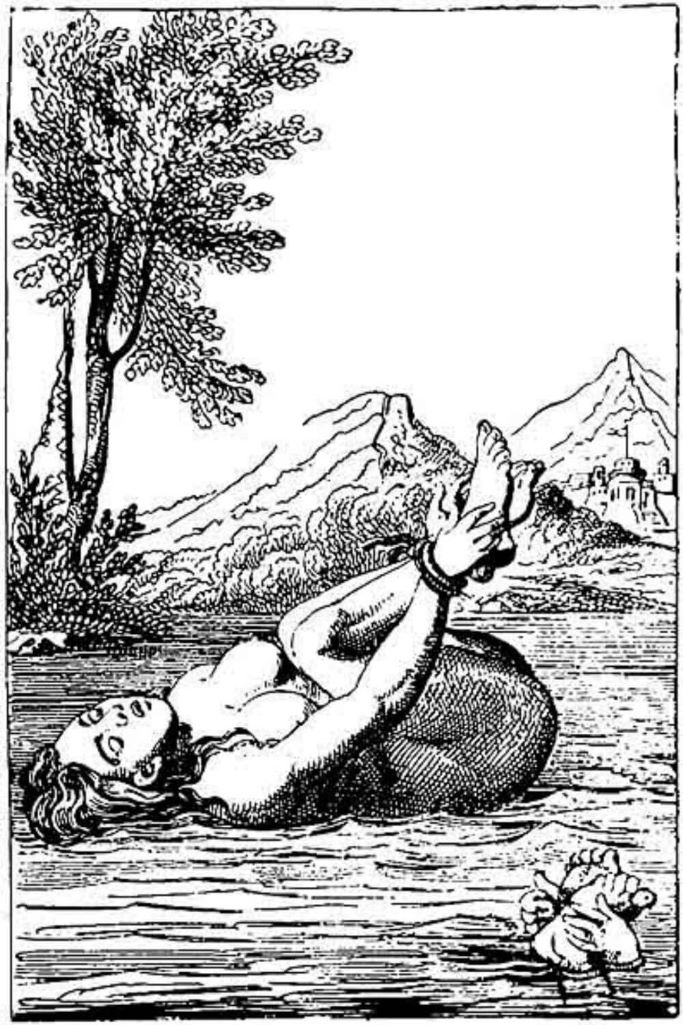
15 You shall not blaspheme
In 2009, the Defamation Act was introduced and section 36 of this act stated
a person who publishes or utters blasphemous matter shall be guilty of an offence and shall be liable upon conviction on indictment to a fine not exceeding €25,000.
However, in 2018, after a successful campaign by Atheist Ireland, the blasphemy laws in Ireland were repealed after a constitutional referendum, making Ireland the only nation to have voted in a referendum to repeal its blasphemy laws.
Old Brehon Irish Laws
16 Look after your elders, or else
Old Brehan Law in the 17th century obliged you to provide your aging parents with an oatcake a day plus a container of sour milk.
17 Monks should drink half of what the layman does
A Brehon law stated that a layman could drink 6 pints with his dinner, but a monk could only drink 3 so as not to return to pray intoxicated.
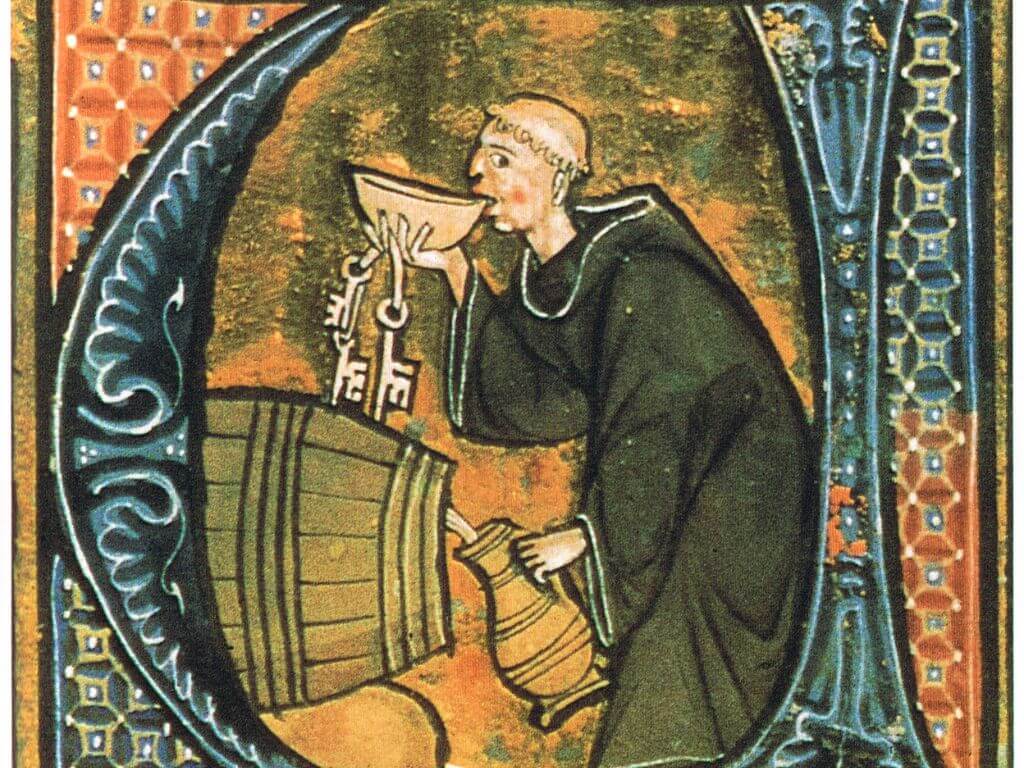
18 Never deny a pregnant woman
Another old Brehon law was firmly on the side of pregnant women. It stated that if a pregnant woman craved a morsel of food and her husband withheld it through stinginess or neglect, he would have to pay a fine!
19 A man and wife can walk away from marriage, but only on a certain day of the year
Old Brehon Law allowed a man and wife to walk away from a marriage but only on the 1st of February.
In Teltown, County Meath, a man and woman could legally marry if they walked towards each other in the town on the 1st of February (St Brigid’s Day). Conversely, they could also divorce at the same spot on the same day by walking away from each other.
This remained true until the 1920s.
20 Beware of dogs and pirates where your cows are concerned
Another wonderfully weird Irish Law from the Brehon Laws made provisions for cattle under them. It stated that your cows must not come into contact with wild dogs or pirates.
What this one was about, I do not know, nor could I find any reasons for this one.
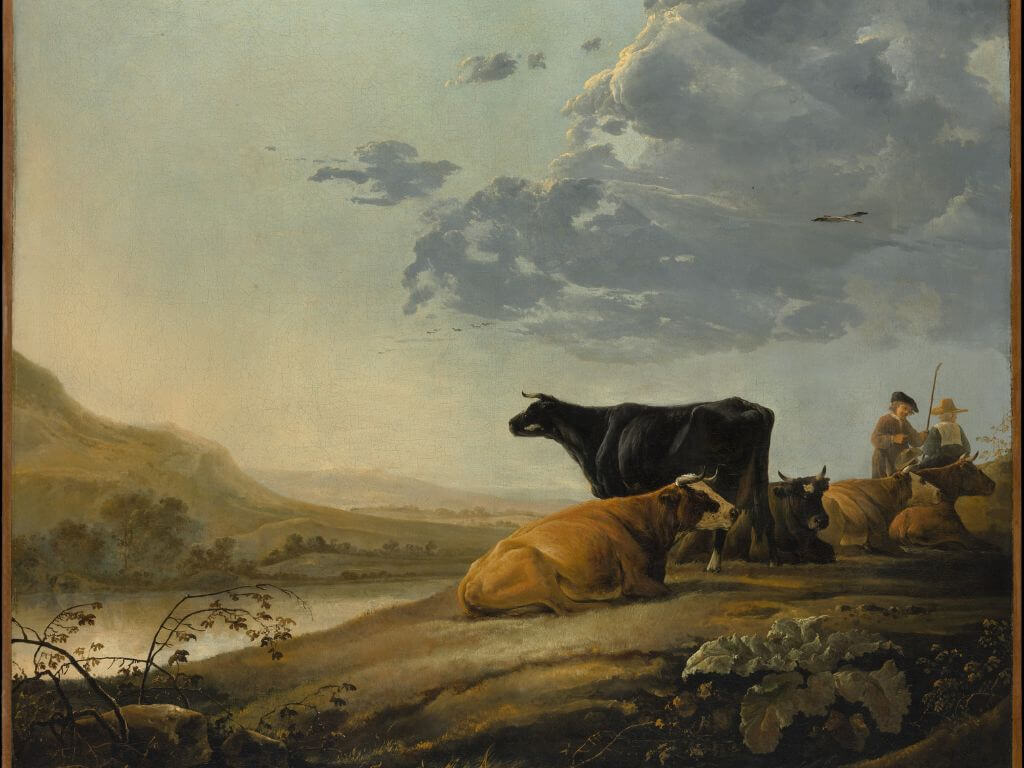
21 No fools, drunks or female scolds are permitted in a doctors house
A law that came under native Brehon Law until the 17th century stated that no fools, drunks, or female scolds would be allowed into the doctor’s house when a patient was present.
Bad news of any kind could not be announced in such a place at the same time. There was to be no talking across a patient’s bed and there should be no pigs grunting or dogs barking outside the premises!
Funny laws in Ireland that may or may not be true
22 Share your dinner with the leprechauns
A supposed law that has no evidence to back it up, but could still be believed in Ireland this, that you must give a leprechaun a share of your dinner.
It is believed that you are legally obliged to give a share of your dinner to any leprechaun that arrives at your door.
There is no evidence of this being true, but it may stem from the Irish people’s welcoming nature.
In my family’s house, anyone who arrives just as dinner is being served is offered a plate. No matter how many portions were originally planned, the meal is made to stretch should your guest take you up on the offer!
23 No smoking on Grafton Street
It is said to be illegal to smoke on Grafton Street. This is believed to simply be a bizarre myth as there is no evidence for this law.
If it is a law, it is never enforced.
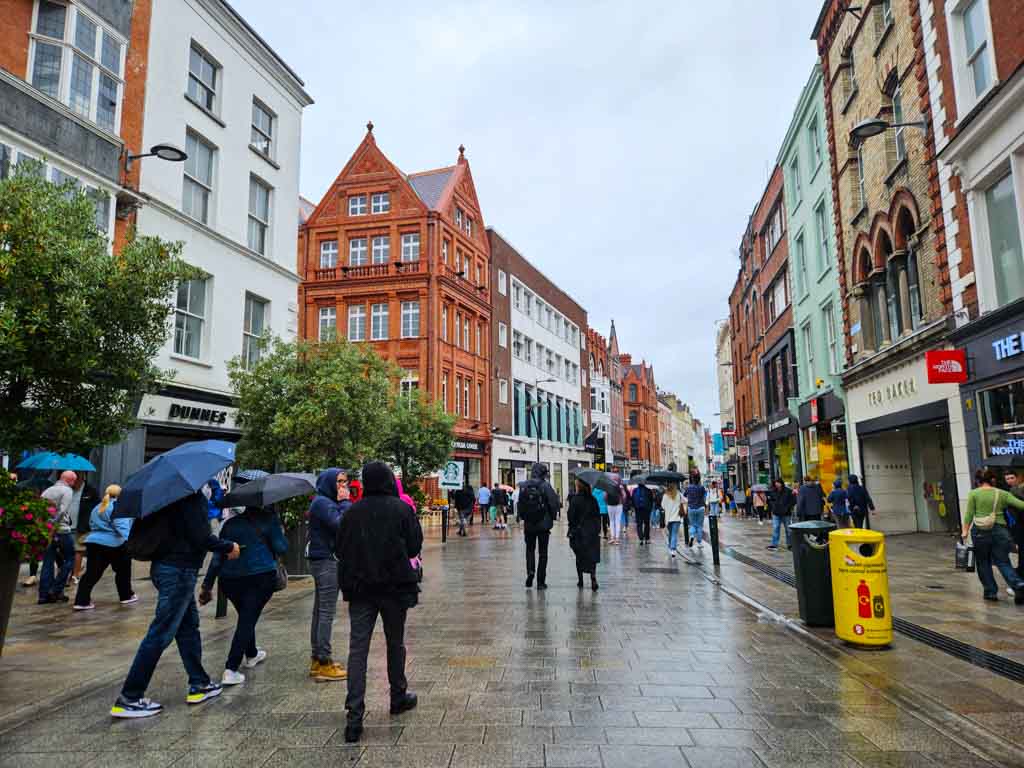
24 Don’t forget your sword in Trinity College
Legislation of Trinity College states that it is illegal for students to walk through the grounds without carrying their swords.
That said, there is no evidence for this ever being imposed or enforced. Could you imagine a group of students carrying swords around the college these days?!
25 Fancy a drink during your exams, Sir?
While we’re on the subject of Trinity College, it is said that students at the college may demand a glass of wine during an exam.
Now, since there is no evidence for this one, it may just be a myth.
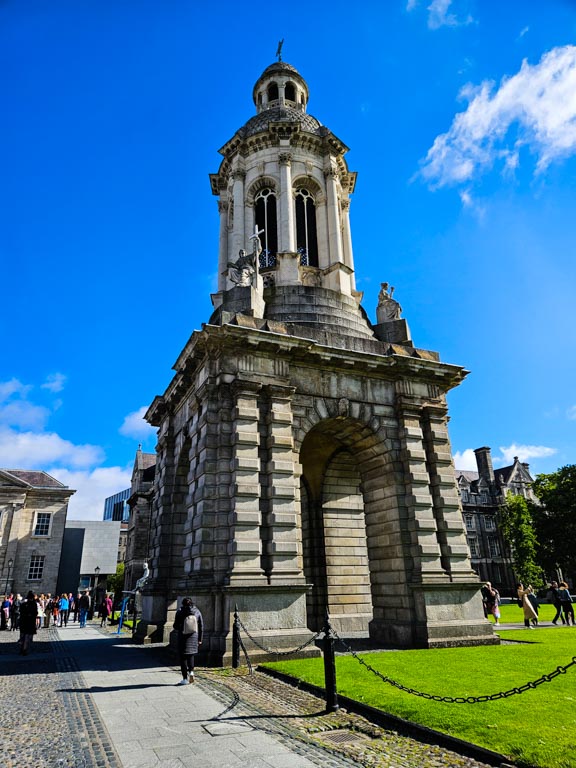
What were the Brehon Laws
Now, you’ve heard me refer to the Brehon Laws, but what were they?
The Brehon Laws were early Irish laws from early Medieval Ireland (between the 5th and 8th centuries), but these were partly eclipsed by the Norman Conquest of Ireland.
However, between the 13th and 17th centuries, they saw a resurgence until either British Common Law overruled them, or they were eventually repealed in 20th century referendums.
Brehon comes from the Irish word breithim meaning judge and the Brehon Laws were those imposed and enforced by Brehons, who were essentially the judges. They were like arbitrators and were afforded strong respect in the absence of court systems or a police force.
The Brehon Laws were an indigenous law system in Ireland, and some were progressive for their time.
They were not made by the Brehons but by the Irish people themselves and came to be as a way to protect themselves and keep the peace.
During the times of Brehon Law, there was no police force or prisons in Ireland, and the laws created to keep the peace were remembered in poems by the Brehons who could recite them from memory whenever they were needed.
This oral tradition of law was maintained for over one thousand years, although there were some Brehon manuscripts produced. One of the most important written sources of the Brehon law is the manuscript Egerton 88, now in the British Library copied in the 16th century by a family of distinguished lawyers from County Clare.
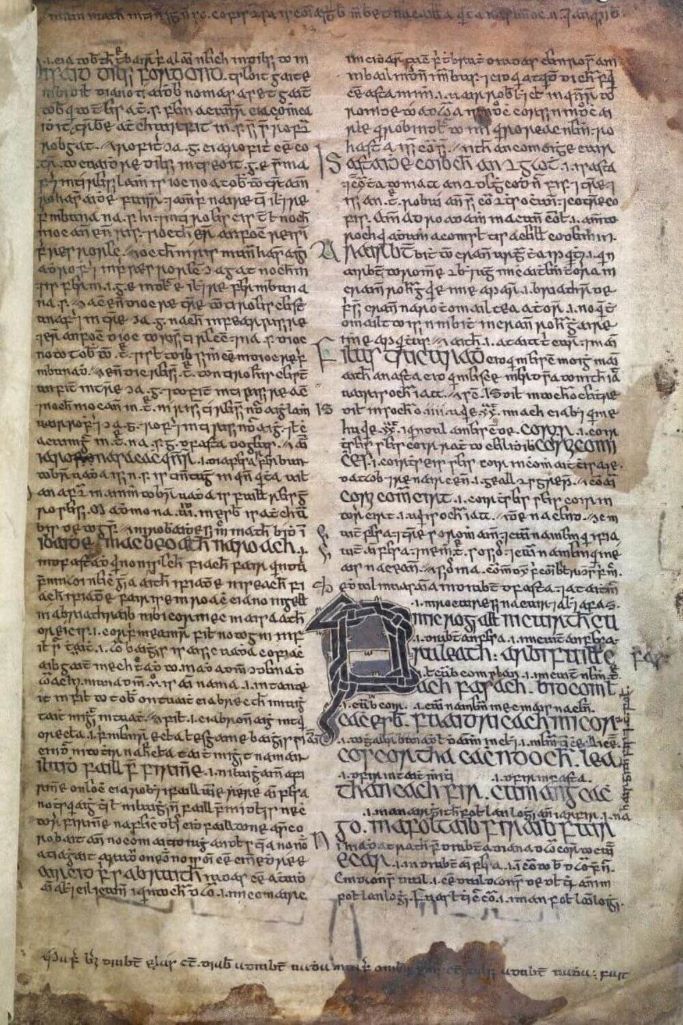
Fun fact: The Brehon Law system is believed to be the second oldest recorded law system after Sanskrit.
Brehon Law incorporated a lot of common sense into it and many laws continued to be used even after the introduction of British Laws after the Norman Conquest of Ireland in the 12th century and the Flight of the Earls in the early 17th century.
Weird enough for you?
So, which of these strange and weird Irish laws did you find the strangest?
I’m still flabbergasted that leprechauns are now a protected species, and that the punishment for attempted suicide was death by hanging, which thankfully is no longer a law in existence.
Many of the old laws, both Brehon and English Common Laws, have been repealed in the last 20 years, but we still have some interesting ones.
You might also enjoy reading these articles:
- What Exactly is a Banshee?
- Irish Mythological Creatures That Are Both Strange and Fascinating
- Fascinating Celtic Symbols and Their Meanings
- How Do You Say Good Morning in Ireland?
- Popular Irish Names for Boys
- Popular Irish Names for Girls
Pins these for later!
